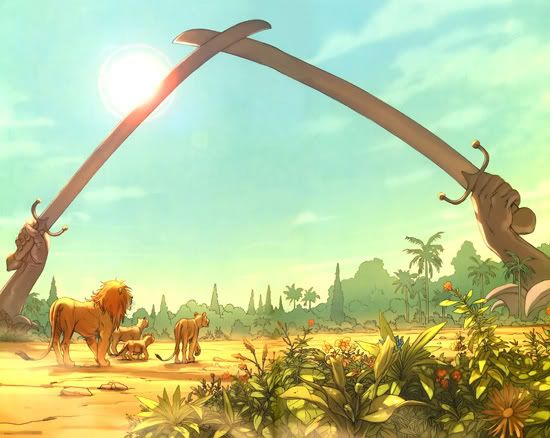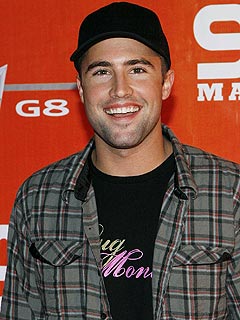
Dear Pixar,
Everyone loves you. Wall-E is on every critics ‘best of’ list. You’ve never had a movie come in at under 150 million dollars domestic. You delight kids and grown-ups alike, with superb directing, crisp writing, and every so often, topical storylines. I know you like writing your own material. I get it. You take pride in it – moving from the conception stage on up. But please, please, please, take a serious look at Brian K. Vaughn’s (
Y: The Last Man,
LOST)
Pride of Baghdad (released in 2006 by DC Comics). Yes, I realize it’s a graphic novel. Just trust me, it’s a perfect fit.
The story follows a pride of captive lions, accidentally set free from the Baghdad Zoo during a 2003 American bombing run. In many ways they serve as a compelling allegory for the Iraqi people. They stumble, wide-eyed, across a scarred city, witnessing the horrors of war first hand. The graphic novel is powerful and moving, and the family dynamic within the pride is comparable to that in any highbrow survival movie or novel (think McCarthy's
The Road). Vaughn writes compelling dialogue; it’s the curt, yet often brutal language honed during his runs on
Y and
Ex Machina. Never once does the story turn political. Each member of the pride views the events through different eyes, with widely varying perspectives. While the focus stays on the pride, it is a truly
human struggle. As you can imagine,
Pride does not have a happy “Disney” ending. Everything is not wrapped up in a tidy bow. The movie might earn a PG-13, or, if the MPAA decides to smack you in the face like they did to Danny Boyle on
Slumdog, they’ll give you an R. But it will be worth it. It’s a story worth telling, and it’s a story that more people need to experience. I have no doubt that you would handle it beautifully.
You wouldn't say no to Wall-e, would you?












